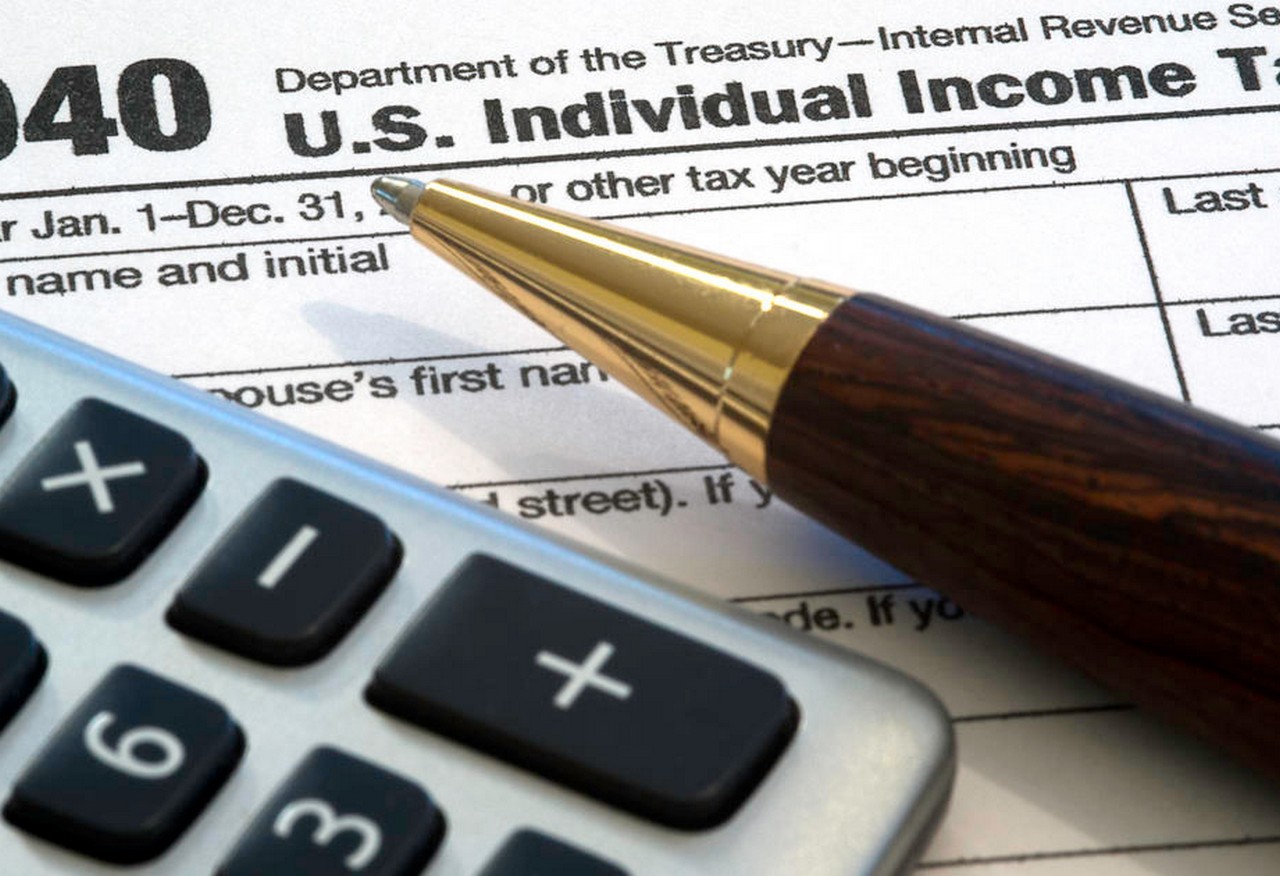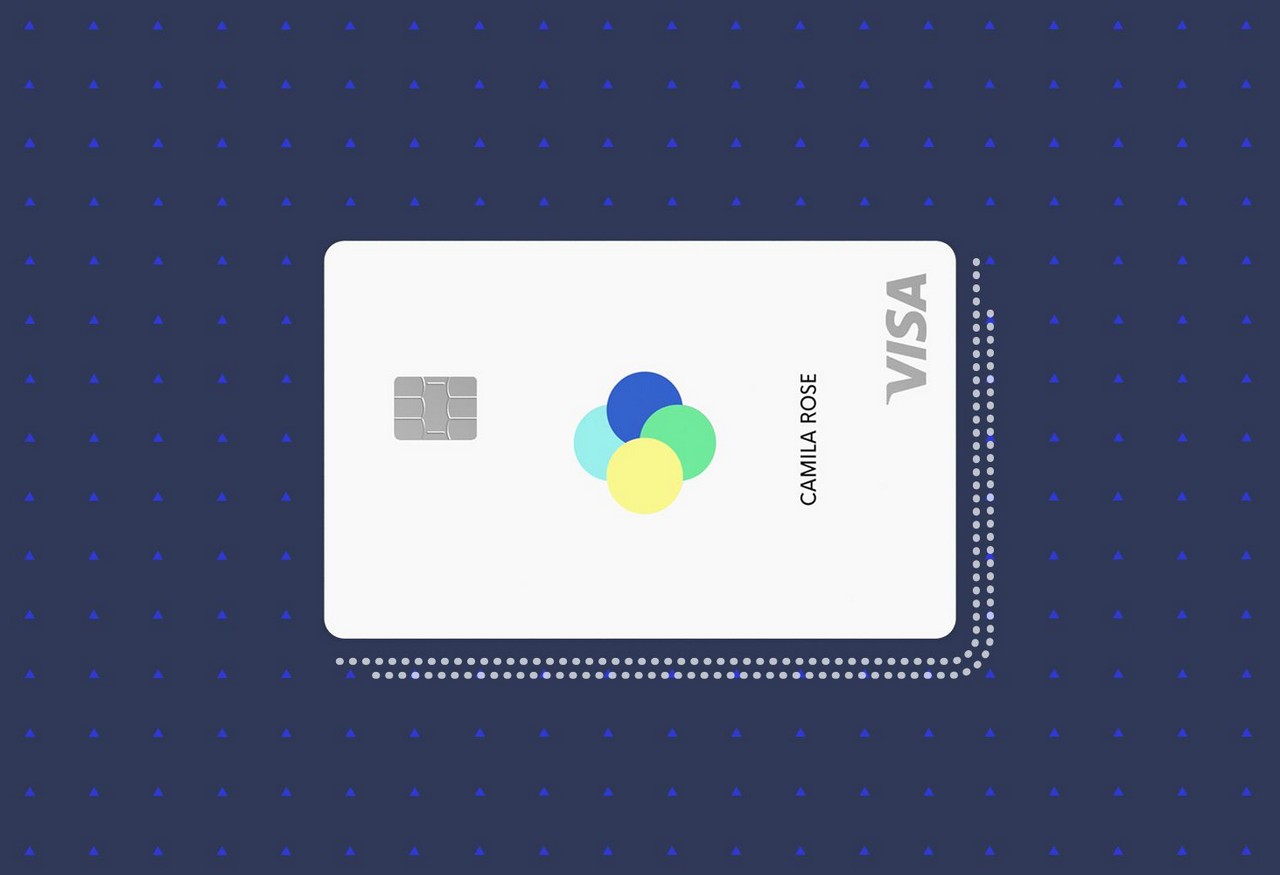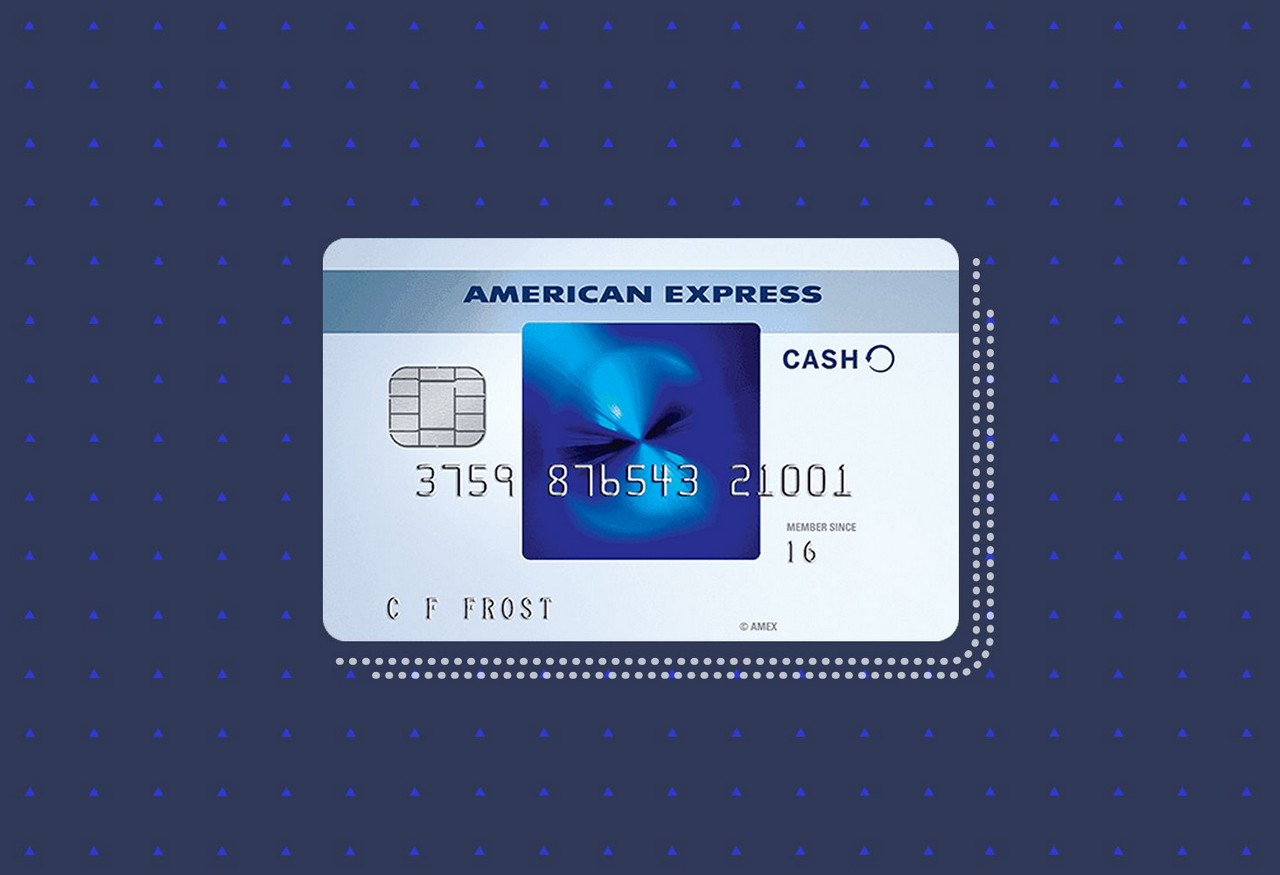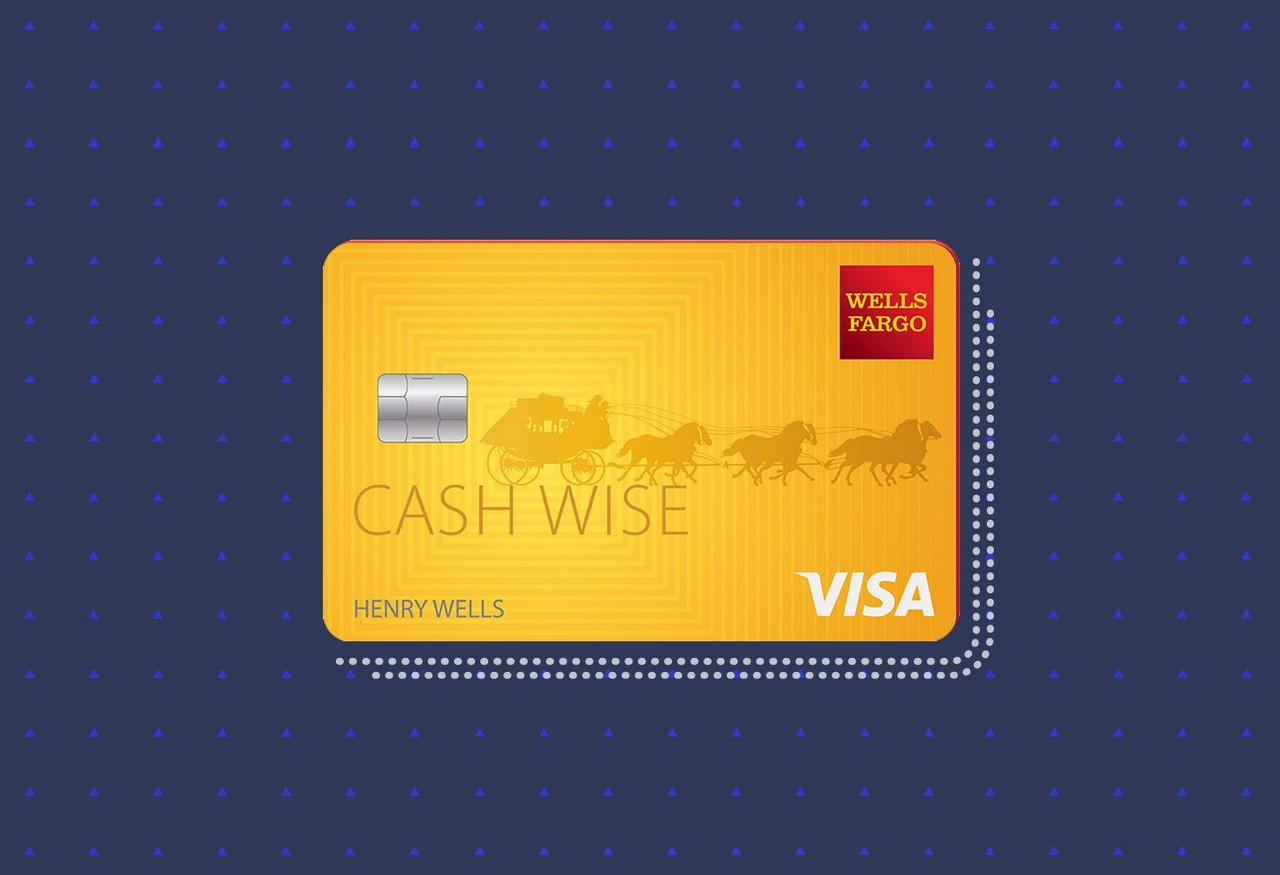CDs vs. ETFs: An Overview
Certificates of deposit (CDs) and exchange-traded funds (ETFs) are two standard funding choices. Each permit you to save a few of that additional money apart whereas promising you a modest return. They’re thought of to be low-risk funding automobiles, which suggests you received't be making an enormous gamble together with your cash, and each are straightforward to accumulate in your portfolio.
However, there are some inherent variations between these two funding choices, together with the extent of threat related to every. CDs provide a assured return whereas ETFs are prone to asset worth fluctuations. This makes ETFs riskier than CDs, particularly over the quick time period. Take into account, although, that ETFs provide buyers extra flexibility and better returns than CDs over the long term.
On this article, we’ll take a look at the important thing variations between CDs and ETFs, so you may select the funding that’s best for you.
Key Takeaway
- Although each CDs and ETFs seem to supply a low-risk, low-cost method to make investments your cash, there are necessary variations between them.
- CDs are low-risk, short-term, low-return investments which might be greatest fitted to individuals trying to economize within the quick time period or those that wish to keep away from any sort of threat.
- ETFs provide each larger threat and (doubtlessly) larger returns for long-term buyers who can experience out worth fluctuations.
- It's greatest to spend money on a CD if you wish to entry your cash in a brief period of time however ETFs present higher returns for long-term buyers.
CDs
A certificates of deposit is a monetary product supplied by a financial institution or monetary establishment, akin to a credit score union. While you take out a CD, you agree to depart your cash in a single place for a set time period.
The issuer of your CD can pay you a set rate of interest on this cash—one that’s usually larger than different forms of financial savings accounts. This return is about and assured, no matter what occurs to the inventory market. This makes them very low threat. So if you happen to put aside $1,000 in a one-year CD and the financial institution guarantees you a 2.5% return upon maturity, that received't change even when the market tanks.
Having stated that, it is necessary to notice that CDs have a tendency to supply comparatively low returns. It is a function they share with different forms of protected investments. Banks use the cash from CDs to mortgage out to others. And since the financial institution ensures a selected rate of interest, they don’t wish to make this too excessive. In the event that they do, they usually can’t generate that degree of return by investing your cash in different methods, they’ll lose cash.
This facet makes CDs appropriate for very risk-averse buyers or these seeking to meet particular monetary objectives. CDs are good for individuals who have some spare money that they don’t want proper now however will want in just a few years.
ETFs are thought of liquid investments as a result of you may promote your shares by means of a brokerage account with little to no related charges. The draw back with CDs is that your cash isn’t liquid, which suggests you need to go away it within the CD for the entire time period you’ve agreed to otherwise you’ll need to pay hefty penalties—even if you happen to want your cash in an emergency.
ETFs
An exchange-traded fund is a sort of pooled funding safety that operates very similar to a mutual fund. In contrast to the shares of a mutual fund, ETF shares will be bought or offered on a inventory alternate the identical means {that a} common inventory can.
ETFs are standard investments for individuals searching for comparatively low-risk, low-cost investments. They provide publicity to the inventory market, however most are inherently well-diversified. This implies they will provide larger charges of return than a CD. Buyers ought to do not forget that investing in an ETF remains to be investing in risky property and so is inherently dangerous.
These funds will be structured to trace something. They usually observe a selected index, sector, commodity, or different asset. This may be a person asset or a big and various assortment or basket of securities. ETFs may even be structured to trace particular funding methods.
The speed of return supplied by ETFs will be fairly variable and never assured in any means. Even a low-risk fund would possibly lose a lot of its worth over just a few weeks and an financial disaster might adversely have an effect on the worth of your shares within the fund for a decade or extra. However over a number of a long time, the returns supplied by a well-diversified inventory portfolio are anticipated to exceed these of CDs.
Key Variations
Threat
CDs are among the many most secure investments available on the market since you get a assured rate of interest—it doesn’t matter what market circumstances prevail. Banks that provide CDs might take a success if the market crashes, however you’re nonetheless protected by the Federal Deposit Insurance coverage Company (FDIC) and the Nationwide Credit score Union Administration (NCUA).
Most ETFs attempt to mitigate threat in another way by diversifying their holdings. ETFs have traditionally been designed to trace a selected index or sector and are typically passively managed to make sure they observe their related index intently. This makes them far much less dangerous than investing in particular person shares. Understand that this doesn’t get rid of the chance altogether.
In different phrases, ETFs are comparatively low threat compared to different methods of placing your cash into the inventory market, however CDs include nearly no threat in any respect. This makes CDs appropriate for individuals seeking to make investments over the quick time period, the place inventory market fluctuations might have an effect on the worth of a inventory portfolio or ETF, or long-term buyers who simply don’t belief the inventory market and wish to be as risk-free as attainable.
Notice
While you open a CD with an FDIC- or NCUA-insured establishment, as much as $250,000 of your funds on deposit with that establishment are protected by the U.S. authorities if that establishment had been to fail. Funds invested in ETFs should not protected by both of those businesses in any respect.
Funding Time Horizon
The danger of a given funding is said to the size of time you maintain it. Nicely-diversified ETFs (and inventory portfolios) are thought of to be comparatively low-risk over the long run as a result of the inventory market tends to extend in worth.
Nevertheless, if you’re solely seeking to make investments for just a few years, a inventory market crash (or perhaps a drop in a selected financial sector) can simply wipe out the worth of your funding. This makes ETFs a comparatively dangerous alternative for short-term funding.
In distinction, CDs are good for short- to medium-term investments. These are investments that final from just a few months to at least one to 5 years. However as soon as once more, there’s nothing fallacious with utilizing CDs as a long-term funding device if you wish to construct a really low-risk portfolio. The draw back is that you simply would possibly simply need to put up with low returns.
Flexibility
There are two important downsides to CDs. One is that they’re very rigid funding automobiles. Except you’ve gotten a no-penalty CD, you need to go away your cash within the CD for the agreed-upon time period. In any other case, you’ll in all probability need to pay sizable early withdrawal penalties that would wipe out your returns.
ETFs, however, are comparatively versatile. This implies you may commerce ETF shares as typically and money them out everytime you like. You’ll have to pay a fee or payment for doing so, but it surely’s typically lower than the penalties related to early withdrawals from CDs.
This flexibility is perhaps enticing if you want to entry the cash you’ve invested in an emergency. However take into account that if you happen to spend money on ETFs, there's a possible for loss along with making positive factors. You’ll be able to pull your cash out of the ETF at any time, however there is no such thing as a assure that you simply received’t lose out since shopping for your shares, particularly if that was fairly not too long ago.
Are CDs Higher Than ETFs?
It relies upon. CDs are nice for individuals seeking to make investments their cash for just a few months or years or construct very low-risk portfolios. Basically, although, investing in an ETF will provide larger returns in the long term.
Are CDs Safer Than ETFs?
Sure, a lot safer. While you take out a CD, the financial institution or credit score union will assure your rate of interest, making CDs a really low-risk funding. As well as, your funds are federally insured ought to your financial institution or credit score union fail. In distinction, there is no such thing as a assure that an ETF will improve in worth over time and your cash just isn’t federally protected.
Can CDs Lower in Worth?
It’s not possible. Practically each monetary establishment provides CDs as an choice and, like different banking deposits, the Federal Deposit Insurance coverage Company insures normal CDs ought to the financial institution fail. Subsequently, CDs are among the many lowest-risk investments and don’t lose worth.
The Backside Line
Although each CDs and ETFs seem to supply a low-risk, low-cost method to make investments your cash, there are necessary variations between them. CDs are low-risk, short-term, low-return investments which might be fitted to individuals who wish to save over the quick or mid-term, or those that wish to keep away from any sort of threat.
ETFs provide each larger threat and (doubtlessly) larger returns for long-term buyers who can experience out worth fluctuations. If you wish to save for retirement, ETFs are one of the best decide right here. In the event you want the funds quickly however have the cash to speculate now, a CD would doubtless be a more sensible choice.










